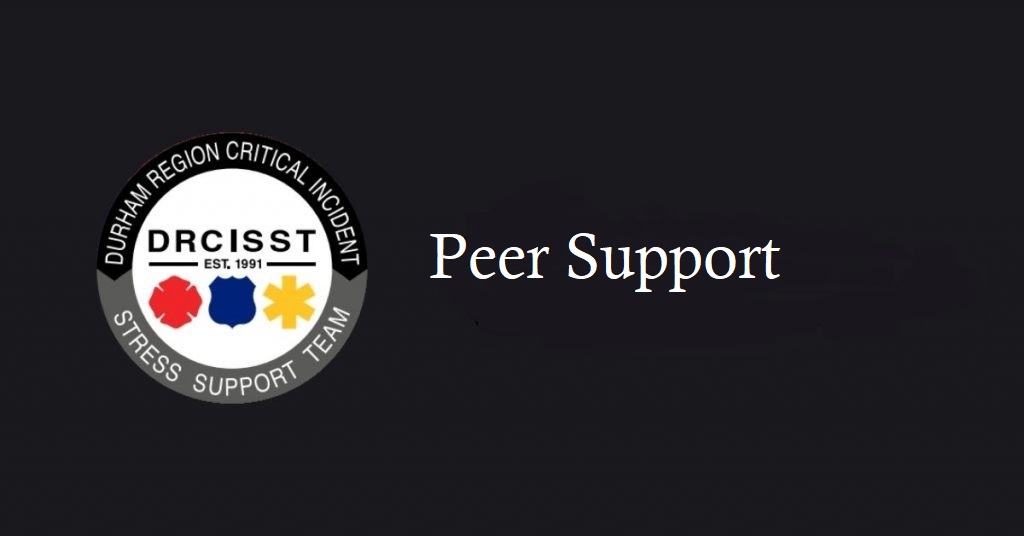We use our eyes every waking moment of the day. And now that we essentially live our lives virtually, we’re spending a lot more time focusing on objects that are right in front of us. Your eye muscles are meant to work nonstop, but that doesn’t mean your eyes don’t get tired and need an occasional rest.
“The eyeball itself, and the muscles around the eye, which are called the extraocular muscles, they’re not your typical muscle like you find in your bicep in your arm. They are a mixture of fast and slow twitch muscles, and they’re that way so that they can function all the time and not get tired,” he says. “If you go and you do a bunch of curls with your bicep after a while that muscles gonna fatigue, build up lactic acid, and then get sore. But our eye muscles are constantly being used throughout the day and they’re designed that way.”
There are tons of eye movement exercises purported to help relax your eyes. “You’ll see out there all kinds of eye rolling or moving exercises, or pulling the eyes to the side or up or down,” he says. “Those don’t really seem to have much value in terms of helping your eyes out.” He says exercises like this are used in cases when people have a hard time coordinating their eyes, and if anything they can induce fatigue.
“If you want to relax the [eye] muscles, you want to do something that that shifts their focus to a different distance,” When we’re focusing on things close to us, he says “the muscles inside our eye and the ciliary body that pull against that lens to shift its focus, are doing a lot of prolonged sustained contraction. And they’re designed for that and they can do that. But for some people, over time, that makes them tired.”
The best way to rest your eyes, is by following the 20-20-20 rule.
“Every 20 minutes, take a 20 second break, and you take that break by looking 20 feet away or more,” he says. Look out the window for 20 seconds, or alternatively, just close your eyes and count to 20. “That will relax that accommodating muscle that is spending all its time focusing up close and give it a breather, and then you can come back into it again.”
Ref: Dr. Epley’s recommendations to ensure your eyes get some much needed rest.





